The Bureau of Land Management (BLM) has taken a decisive step towards safeguarding 28 million acres of federally-managed “D-1” lands in Alaska. This milestone, marked by the release of BLM’s final environmental impact statement (FEIS), follows a comprehensive multi-year review assessing the impacts of lifting existing protections on these critical lands.
The D-1 lands in question are vital to Alaska’s ecological and cultural heritage. These lands provide essential habitats for three major caribou herds, diverse migratory birds, and all five Pacific salmon species. They also serve as crucial corridors for migratory connectivity, allowing fish and game species to adapt to environmental challenges like heat waves and droughts. Additionally, these lands are indispensable for subsistence practices, providing over 80% of the food consumed by Alaska Native communities residing off the road system. The lifting of existing protections would have opened these lands to mining and oil and gas extraction, threatening the traditional ways of life for thousands of Indigenous peoples.
BLM’s recommendation to maintain existing protections will safeguard these lands from unsustainable development, ensuring the continued health and resilience of Alaska’s ecosystems. This decision supports the preservation of wildlife habitats, subsistence resources, and the cultural practices of local Tribal communities. It also reinforces the importance of public input in environmental decision-making processes.
In a separate announcement on Friday, the BLM finalized its decision to reject the proposed Ambler Road, marking another major victory for Alaska’s public lands. This decision blocks a controversial 211-mile industrial road that posed a severe threat to Alaska Native communities and the Western Arctic caribou herd. The Interior Department’s final supplemental environmental impact statement (FSEIS) found that the road would cause significant and irreversible damage to the environment and Indigenous communities.
Alaska Conservation Foundation has been at the forefront of supporting grassroots efforts to protect D-1 lands and oppose the Ambler Road, awarding more than $75,000 in grants to key organizations. Our grantee, SalmonState, has been a leader in the fight to protect D-1 Lands, raising awareness and collaborating with tribal coalitions, councils, and other grassroots advocacy groups. ACF also supported several members of the Defend Brooks Range coalition, who played pivotal roles in opposing the Ambler Road.
“We are thrilled with BLM’s decision to uphold protections for these critical lands,” said Michael Barber, Executive Director of the Alaska Conservation Foundation. “This outcome is a testament to the dedication and hard work of our grantees. Their relentless advocacy has been instrumental in safeguarding Alaska’s lands and waters and the traditional ways of life for Alaska’s Tribal communities.”
Following the D-1 lands FEIS release, BLM is expected to issue a Record of Decision in 30 days, with a final decision from Secretary of the Interior Deb Haaland anticipated later this summer. This ongoing process underscores the importance of continued public engagement and advocacy to ensure the protection of these invaluable lands.
The preservation of these 28 million acres is vital not only for maintaining ecological balance but also for supporting the subsistence lifestyles and cultural practices of local Tribal communities. These protected areas are critical habitats for brown bears, caribou, musk ox, and hundreds of migratory bird species.


